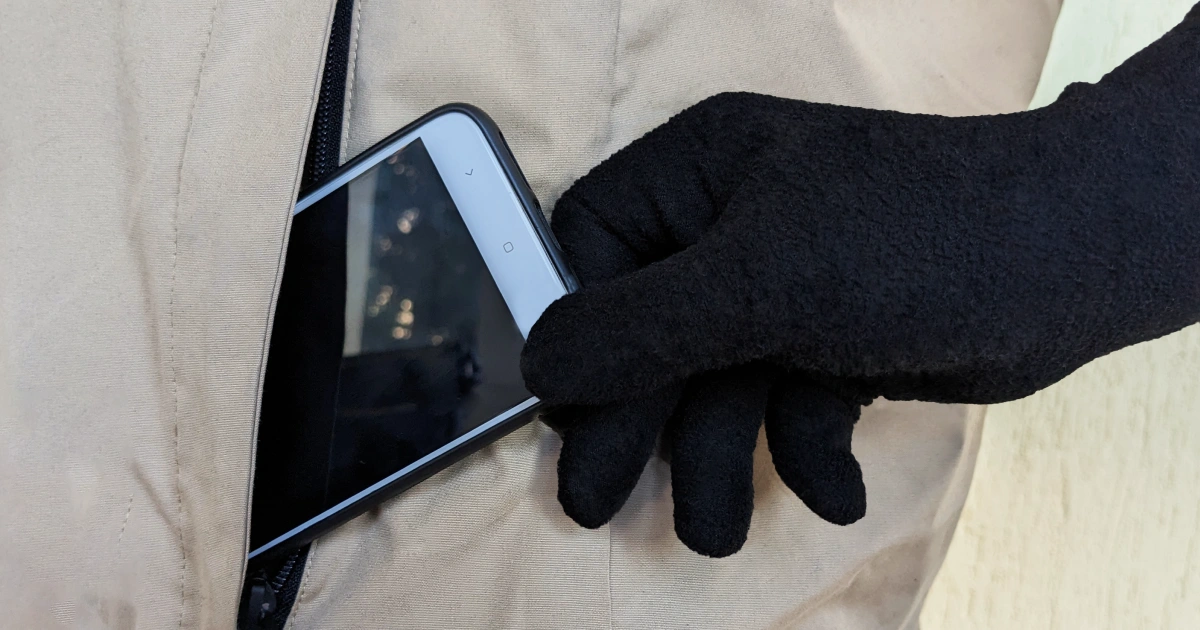COVID-19: how to tackle vaccine hesitancy among BAME groups

By
Samantha Vanderslott
University Research Lecturer, University of Oxford
Andrew Pollard
Professor of Paediatric Infection and Immunity, University of Oxford
Seilesh Kadambari
Clinical Lecturer in Paediatric Infectious Diseases, University of Oxford
Disclosure statement:
Samantha Vanderslott receives funding from the NIHR. Andrew Pollard chairs the Department of Health and Social Care’s Joint Committee on Vaccination and Immunisation (JCVI), but does not chair or participate in the JCVI COVID-19 vaccine committee and is a member of the World Health Organisation’s SAGE. Oxford University has entered into a partnership with AstraZeneca for the development of a COVID-19 vaccine.
Seilesh Kadambari does not work for, consult, own shares in or receive funding from any company or organisation that would benefit from this article, and has disclosed no relevant affiliations beyond their academic appointment.
The Conversation — Some of the highest rates of death and serious illness during the pandemic have been among Black, Asian and minority ethnic (BAME) communities. According to government data, Black ethnic groups have the highest diagnosis rates of COVID-19 and people of Bangladeshi ethnicity have twice the risk of death compared to those of white British ethnicity. Other ethnic groups (Chinese, Indian, Pakistani, other Asian, Caribbean and other Black) had 10%-50% higher risk of death compared to white British people.
Vaccination provides the most effective form of protection against COVID-19. But vaccine hesitancy is higher among some BAME groups than people from a white ethnic background, and uptake is lower.
Alarmingly, lower vaccine uptake and increased hesitancy are also higher among people from ethnic minority backgrounds who are over 80, those living in socioeconomically deprived areas and healthcare workers. These groups are at greatest risk of developing severe infection. In England, at the start of the national vaccine rollout, a study showed Black people over the age of 80 were only half as likely as white people in that age group to have been vaccinated.
Not all of this is down to vaccine hesitancy – the authors of the study have noted that logistical factors may also be at play in the differing rates of vaccination. But vaccine hesitancy remains a matter of concern, with reports from healthcare workers that people from BAME groups continue to be worried about safety, religious acceptability, and fears of being treated as experimental subjects.
As a result, several national initiatives are attempting to address lower COVID-19 vaccine uptake among ethnic minority communities.
This includes a government campaign that uses celebrity adverts, social media videos and community champions to encourage take-up. A recent TV broadcast featured personalities such as Denise Lewis, Romesh Ranganathan and David Olusoga all urging people to get vaccinated. Meanwhile, medical leaders have joined with important non-profit organisations like the Caribbean and African Health Network to encourage vaccine uptake.
These initiatives are important in promoting public health information to millions of people hesitant about getting a vaccine. But as a form of one-way communication, they may not reach everyone, especially those who feel socially marginalised during the pandemic. That’s why we believe that more individual engagement and working with specialist media outlets both form an essential component of tackling misinformation, addressing hesitancy and ensuring informed decision-making to improve vaccine uptake.
Listening to questions, respecting concerns, and tailoring information based on evidence are critical to building trust. As frontline clinicians and researchers, we have seen first-hand the immediate impact of direct engagement with BAME groups on vaccine hesitancy. This includes holding informal Q&As in our hospital, hosting video meetings with local religious and community organisations and communicating through media outlets that cater to specific minority groups.
The importance of talking
The European Centre for Disease Prevention and Control has found that directly targeted programmes using a dialogue-based approach – concentrating on conversations rather than providing information – were successful, particularly if they involved consultation between healthcare workers and patients.
In Australia and the UK, for example, specialist immunisation clinics offer doctors a space to talk with patients one-on-one about vaccine concerns. Here, doctors can directly address people’s concerns with specific, balanced information on vaccination risks and benefits. They also provide an opportunity for patients to return to ask further questions as they arise.
Frontline healthcare workers are central to a strategy of grassroots engagement. The general public regards them as the most trusted sources of information about vaccines. The Wellcome Global Monitor survey in 2018 reported that 73% of people worldwide trust doctors or nurses more than any other source of health advice, including family, friends, religious leaders or famous people.
The trust bestowed on healthcare workers has important implications given historical mistrust stemming from discrimination and inadequate or unethical health treatment that some in BAME groups have experienced. COVID-19 misinformation has also played upon these concerns in BAME communities. Despite this context, it seems healthcare workers are still the best people to deliver vaccine information to hesitant people.
Healthcare workers are under tremendous strain right now, and some may not feel well-equipped to make a case for vaccination. But there are resources available. For example, the Oxford Vaccine Group has information pages on The Vaccine Knowledge Project. This provides an independent source of information about vaccines and infectious diseases in more than 100 different languages.
Identifying those who are least likely to receive a vaccine and finding opportunities to engage with them is time-consuming, expensive and will reach fewer people than national campaigns. But we believe that encouraging a dialogue, respecting anxieties, listening to concerns and deconstructing misinformation through direct communication will increase the effectiveness of COVID-19 vaccine promotion and thus makes it worth the investment.
Specialist media could then help amplify messages further. Established and widely consumed newspapers and radio stations catering to specific communities have long existed in the UK, and can reach people national campaigns might not.
Developing and rolling out a vaccines to protect against COVID-19 has been one of the biggest public health successes of the past century. Ensuring that the most vulnerable groups have access to vaccines and are well informed about receiving it is essential to prevent disparities that have already been exacerbated by the pandemic from getting worse.



















Facebook Comments